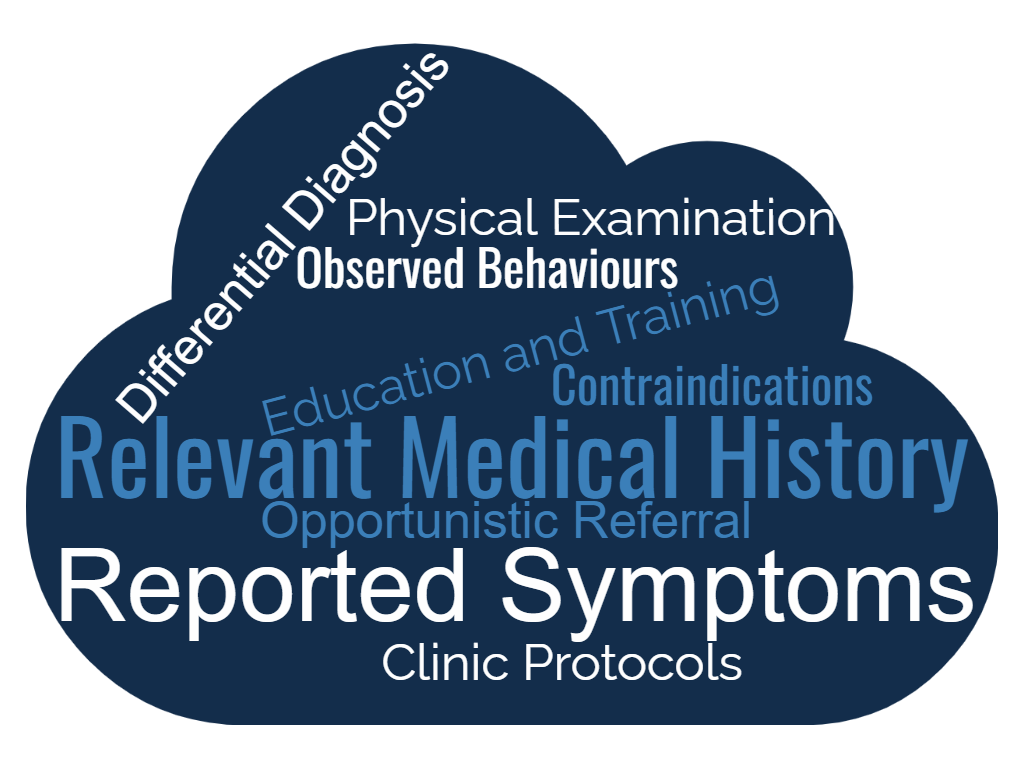Factors that Influence General Practitioner Decision Making when Referring their Adult Patients for Hearing Assessment
Introduction
General Practitioners (GPs) play a key role in providing a pathway to hearing health services by referring their adult patients who report hearing difficulties for a hearing assessment, or by opportunistically identifying when hearing problems may be important to address. This poses the question of what factors might be influencing GPs to refer their patients for a hearing assessment, and what reasoning may be involved when deciding not to refer a patient for a hearing assessment.
Methods
GPs with varying years of experience from metro, regional and remote areas of Eastern Australia were recruited for a 30-minute semi structured interview conducted by phone call or video conference. Interview recordings were transcribed and coded using a thematic content analysis approach.
Results
GPs must negotiate a vast number of factors when referring their adult patients for a hearing assessment and will consider the patient’s overall health and well-being, as well as the potential benefits and risks of a hearing assessment to determine the best course of action. Factors range from reported symptoms and relevant medical history, the results of a physical examination, a hearing assessment as part of differential diagnosis, opportunistic referrals for patients with a high risk of hearing loss, and referrals based on observed behaviours from the patient that may indicate a hearing loss. GPs were also influenced by government and clinical protocols, their own lived experience of hearing loss and any relevant education programs undertaken.
GPs take into consideration any contraindications (reasons to not refer) for referral by weighing up the unique circumstances of each patient such as low motivation, overloaded specialist services with extended wait times, prohibitive costs and logistics of travel for services in regional and remote areas as well as a lack of local services to help manage and service a patient’s hearing aid (HA), or where a patient may prefer to self-refer for a hearing assessment.
GPs reported a desire for audiologists to be more involved in primary care by implementing more proactive and clear reporting so that the GP is better informed and can help encourage their patients to act on their hearing health. They also expressed an interest in education programs regarding what patients might experience during a hearing assessment, interpretation of audiology results, and learning about the different hearing rehabilitation options, levels of technology, and their expected outcomes for their patients.
Discussion
Understanding how GPs make decisions with their adult patients regarding their hearing health will be integral to the appropriate design of any decision-making tools/aids. Education opportunities and actions that could be implemented by audiologists recommended in this study may help strengthen understanding, communication, and cooperation between audiologists and GPs.
For any questions, please contact jessica.tsiolkas@nal.gov.au



